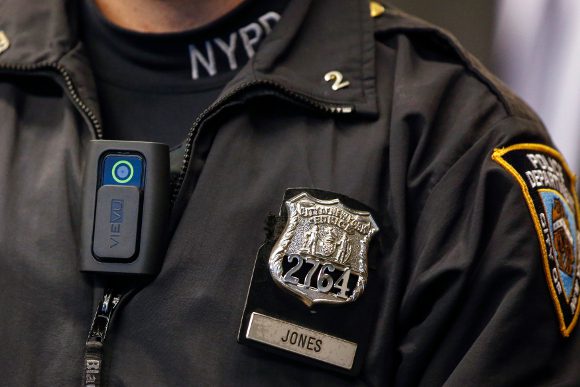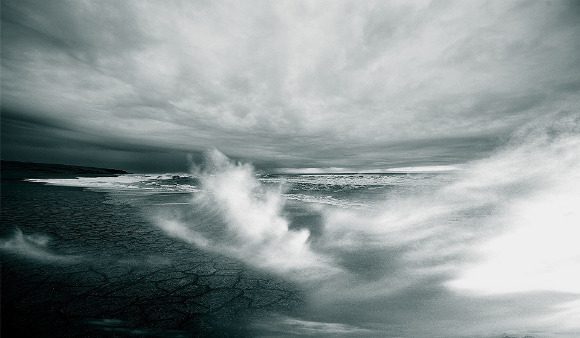
I was a police officer for almost 30 years at a large metropolitan Atlanta police department. My last 10 years were as a supervisor and a manager. I retired as a Lieutenant.
We never had body cameras while I was in Law Enforcement. Our DUI Task Force had video cameras in their cruisers and those officers were fitted with a wireless microphone. That equipment was purchased by a special grant from the Federal Government.
Some of our officers, me included, took it upon ourselves to purchase small recorders that we could keep in our pockets. More than once, these little devices were the deciding piece of evidence against a citizen complaint. Sadly, though, most officers did not have a recording of their citizen contact in which the citizen complained that, “the officer was rude,” or “the officer cussed at me,” or “the officer threatened me,” etc.
Without a recording it was just the citizens word against the officer. As a supervisor and then as a manager, when I took these complaints, there were some officers that you had no trouble believing whatever the citizen alleged. For the vast majority of the complaints, you knew the truth was probably somewhere in the middle.
I am a big fan of the idea of the police wearing body cameras. My guess is that most officers would be glad to have a camera that recorded everything they did on-duty. The reason most departments do not have these cameras is the cost.
Not only is the initial outlay for the equipment very expensive, there is the high cost of data storage for the videos that the officers will take every shift. One example of the cost is in San Diego. 1000 body cameras will cost the city $267,000 but the data storage, warranties, and other miscellaneous costs will run the city 3.6 million dollars over five years.
Of course, with the public and even the President calling for body cameras, state and local governments are going to have to find the money and equip their officers. It will be a few years, but eventually the body camera will be standard police equipment. It will eventually become just another part of their uniform.
What will be the result of universal use of body cameras by the police? While many people seem to think that the cameras are going to catch the police doing bad things, my guess is that the result is going to be just the opposite. Day in and day out, police officers do more good in America than the public will ever know.
Body cameras will display the quality and professionalism that most of the men and women in blue bring to the job everyday. No doubt, the cameras will catch some officers doing or saying things that they should not. Police officers are people and no one is perfect. The videos will allow for disciplinary action and for better training within the ranks.
At the same time, the cameras are going to catch members of the public doing and saying things that they should not. This story is a great example of the police body cameras exonerating a police officer against a false citizen complaint. The citizens lied in their statements to internal affairs in an effort to get the officer in trouble. The video showed that he had acted properly and that the citizens were lying in their statements.
My prediction is that when body cameras become more prevalent, we will see many more stories like this. Until then, I would recommend every officer buy a pocket digital recorder and use it! And whether you like the police or not, try and imagine our society without them. They are the Thin Blue Line and I thank God for them.
What are your thoughts? Do you think body cameras for the police are a good idea?
Since I retired from the police department my wife, Annie, and I have worked with our C3 Churches in Brazil. We are training leaders and helping plant churches. Would you consider joining our team? Just click here to get involved. Obrigado!


